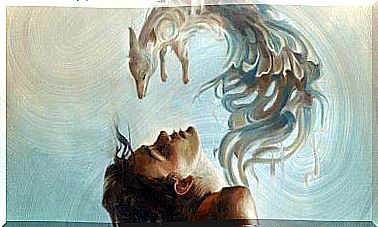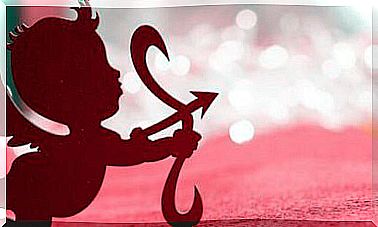Paul Auster, Biography Of The Writer Of Chance, Love And New York
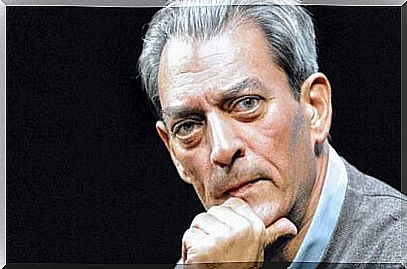
Many define Paul Auster as an illusionist, a true captivator of the lyrics. He is the writer of the magic of chance, of destiny, of love and, above all, of that city that defines and inspires him so much: New York. Only he has the ability to transform the banal into the extraordinary and ensnare us with his narrative spell.
It is often said that Paul Auster is either loved from the front line or left forever. There are writers where the middle ground does not fit, or you adore them or they never finish convincing you. The same thing happens with this New York author. However, his presence in the publishing world has always been stellar. The trilogy, City of Glass , gave him world fame and introduced us to someone who would soon become that essential name to look for in bookstores.
Besides being a writer, he is also a screenwriter and film director. Always in his black clothes, with his devotion to French poetry and Samuel Beckett, Paul Auster, shapes that elegant and vindictive intellectualism, which has never hesitated to position itself on social and political issues. He did it during the Iraq war, and he does it now, after the 70’s in the middle of the Donald Trump era.
We are without a doubt one of the greatest contemporary American authors. Someone who combines existentialist aspects like nobody else, sometimes touching magical realism. An exceptional voice that recently gave us his most titanic work, 4321, a splendid work that has taken about seven years to come to light.
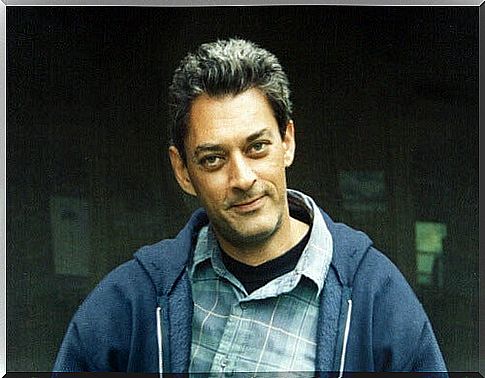
Paul Auster, the boy who loved books
Paul Benjamin Auster was born in 1948 and grew up in South Orange, New Jersey. His family, of Jewish and Polish descent, supported themselves thanks to the work of his father, a businessman. This father figure would mark Auster’s life in an ambivalent way. Often, in many of his works, he describes him as that man who was bored by books. It was that person who always fell asleep when watching a movie and whom his mother tried to leave after the honeymoon.
Already as a child he found oxygen in books. The shelter of a nearby public library gave him a universe of discoveries and an awakening. Also his uncle Allen Mandelbaum, a great translator who infected him with his passion for reading, for the classics and that literary universe where he began early through writing.
At the age of six, he advanced a couple of courses because his literacy skills were far superior to his class. As he himself explains in more than one interview, in those years he was convinced that the alphabet was made up of more letters. An L backwards and an A reversed.
When the university years arrived, it was inevitable that he would follow that same trail, that one guided by letters, books, and philology. So he began his studies in French, Italian and English literature at Columbia University, New York. He worked as a translator until the Vietnam War, at which point he decided to go to France.
First books and the City of glass
Paul Auster’s life has always moved between two cities that mark his life: New York and Paris. In his youth and before success surprised him, he had a multitude of jobs in both geographical locations. He made his first attempts to dedicate himself to the cinema. He worked on an oil tanker and, later, he dedicated himself to doing translations in France on great authors such as Mallarmé, Jean Paul Sartre or Simenon.
His first novel, Pressure Play , arrived in 1976. He published it under the pseudonym Paul Benjamin and was hardly successful in publishing. However, he did not give up. It was at the time his father passed away that he was able to dedicate himself fully to literary work. He inherited a small financial sum that allowed him to write about that heartfelt loss in The Invention of Solitude .
In 1981 he met the novelist Siri Hustvedt, with whom he married. It was a time of great creation that would bear the greatest of fruits: the trilogy of the City of Glass. The success was resounding and the name of Paul Auster began to shine with its own light in the publishing market. Later would come Mr Vertigo or The Palace of the Moon.

Awards and honours
In 1993, Paul Auster received the Medicis novel prize for Leviathan . The nineties are an equally fruitful time for this author who, in addition to loving letters, loves movies. His works, such as the short story Augie Wren’s A Christmas Carol , are adapted for film. Later, his work Smoke and Blue in the Face would also be released in theaters in 1996. However, many of these cinematographic adventures as a director have not always been well received by critics.
Between 1999 and 2005 important works such as Timbuktu, The Book of Illusions, The Night of the Oracle or Brooklyn Follies appeared. Works that show his maturity and delicacy, but always with a powerful narrative structure. All this is worth receiving in 2006 the Prince of Asturias Award for Literature.
The style of Paul Auster
Paul Auster is the writer of chance, love, destiny and that almost anodyne everyday life where the most fascinating events arise. He has a simple style (in appearance), but in reality, the bifurcations to which he leads us, the stories that intersect, the type of narrator he uses, make his works a magical architecture of complexities and absolute perfection.
Often, a reality that the name of Paul Auster always haunts is that of the identity of its protagonists. It is always suspected that many of them refer to their own person. In The New York Trilogy , for example, one of his characters is named after him. In Leviathan , the narrator has his initials (Peter Aaron). Also in The Night of the Oracle , one of the protagonists is called Trause (anagram of Auster).
They are enigmatic brushstrokes that always fascinate and enchant. Reading Auster is sharing his vocation for books. Because reading, as he says, is a way of touching the human being, of feeding their empathy. His novels reveal our complexity to us and thanks to that, we get to know each other a little better and learn to survive in our own way.
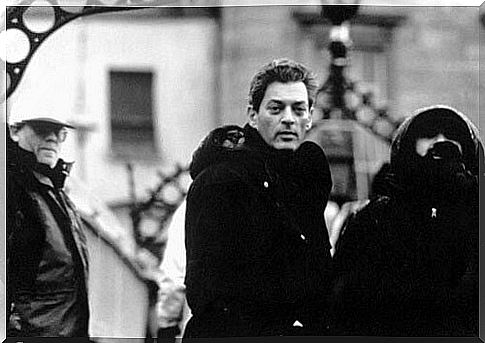
An admirer of Kafka, in love with France, a fan of New York, he is that literary reference that should not be missing in our personal bookstores. A little over a year ago he gave us his latest work. It was 4 3 2 1, a book that he began to write at the age of 66, the age at which his father died. An exceptional 866-page novel that we hope is not the last.
We will wait patients.

